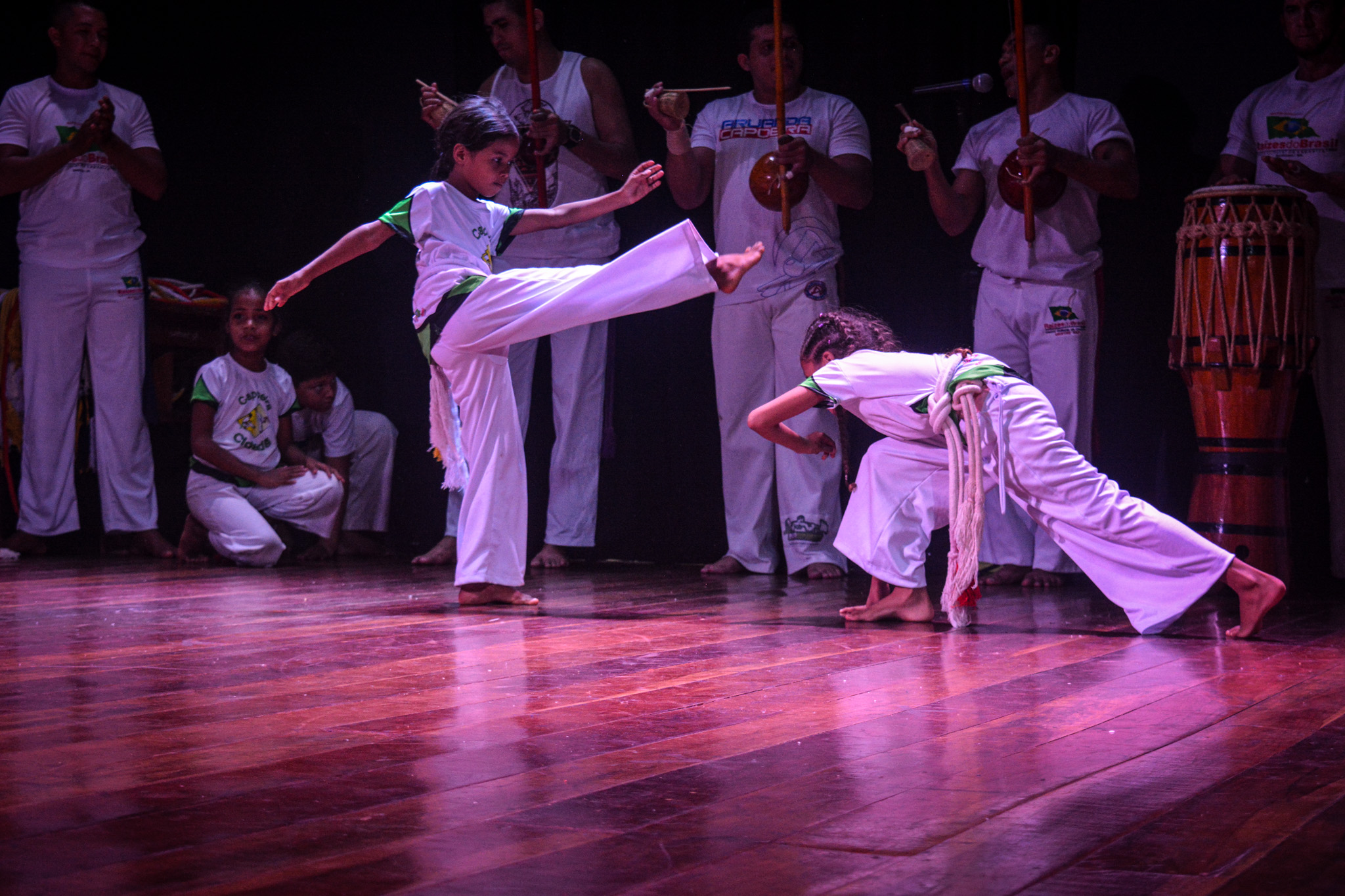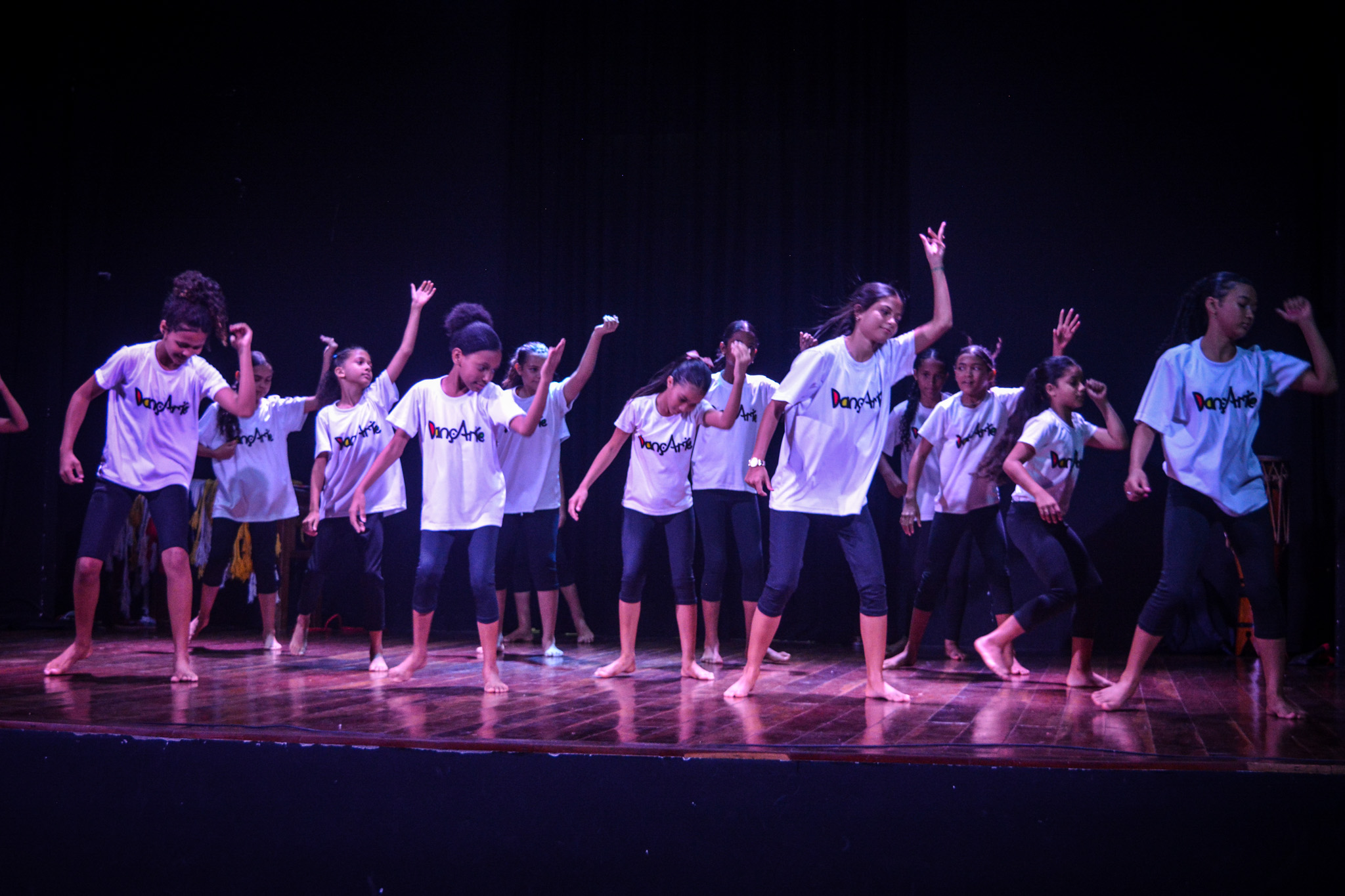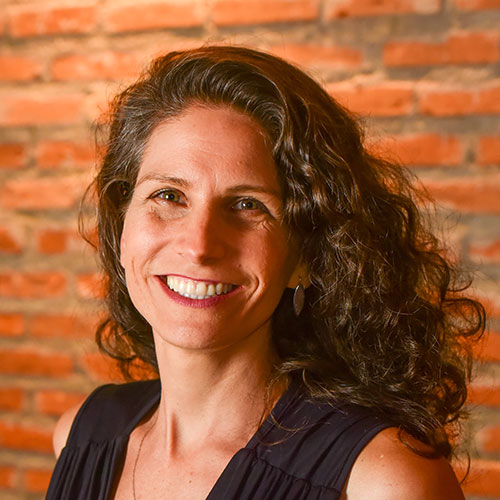Rescuing the dignity of workers: discover the Carmen Bascarán Center for the Defense of Life
NGO from Maranhão welcomes workers in situations similar to slavery. Lack of schooling favors the violation of rights


Exhausting hours, debt bondage, deprivation of liberty, retention of documents, inadequate accommodation, precarious food. These are some of the main characteristics that configure work analogous to slavery. “Many victims, however, are unaware that their rights are being violated,” warns Yoná Luma, executive coordinator of the Carmen Bascarán Center for the Defense of Life and Human Rights (Centro de Defesa da Vida e dos Direitos Humanos Carmen Bascarán, in Portuguese).
With this list in hand, the leaders of the NGO in Açailândia, in the southern region of Maranhão, in Brazil, welcome workers to their headquarters, check the facts and report the practice to the authorities.
“The vast majority come to us to talk about salary delays because, unfortunately, there is a normalization of degrading working conditions, as if they were inherent to working in the fields. But if we notice that the issue is not simply a delay in payment, we warn that this person is being victim of the crime of labor similar to slavery”, highlights Yoná.
She explains that this is a crucial moment, since recognition as a victim is not always easy. “That’s when a whole process of raising awareness about degrading working conditions begins. And it is something very difficult to do and a cycle that takes a long time to break, because we receive workers who have already been rescued five times.”
Human Rights
Operation Resgate IV (Rescue IV), in August 2024, identified almost 600 people victims of slavery-like work throughout Brazil in a single month, the majority in the agricultural sector.
In the Açailândia region, the Life Defense Center contributed to five inspections throughout the year, with each campaign rescuing an average of 8 workers. “It’s a large number, but we know that there is a strong underreporting, because there is often not enough inspection staff”, comments the coordinator.
Among the main factors that lead workers to submit to rape are extreme poverty, low education and lack of access to public social assistance policies. Yoná observes that the outsourcing process and the use of dubious strategies have also maintained a flow of workers in these conditions.
“There are many farms that are difficult to access. Furthermore, charcoal conglomerates are formed here, which they outsource to large steel companies. Workers are hired for a brief period of time in each of them, rotating. So when the inspection team arrives, they are often unable to issue fines, because the workers are no longer there, they have already gone to another place…”
Work analogous to slavery
According to Yoná, there are two profiles of rescued workers: the family man, who submits because the children have nothing to eat at home; and people who have nothing to lose. “They don’t have dreams, goals, they don’t even have documents.”
“We receive a lot of people in their 30s who look like they’re in their 50s. We ask them what they expect from the future, but they don’t know what to say, they say they never had time to think about it, they’ve been working since they were 14, 15 years old. So it’s a system designed to objectify these people, so that they don’t recognize themselves as human beings with rights. And it’s been a long time. Today they are in adult slave labor, but they started in child labor”, he warns.
If on one hand the lack of perspective pushes male and female workers into a situation analogous to slavery, on the other, employers with good appearance and high purchasing power commit the crime. “Many of the places in question are properties of people who waste their possessions, good citizens, believers in God, who wear this moralistic cloak and commit a crime as heinous as this”, observes Yoná.


Who was Carmen Bascarán?
Located in the Amazon, the Açailândia region is home to large steel mills, cattle farms and eucalyptus producers. It was there that Spanish Carmen Bascarán landed when she arrived in Brazil in the 1990s, as a Comboni missionary, linked to the Catholic church.
“She started visiting charcoal factories, farms and other businesses on the outskirts of Açailândia, and witnessed workers living in situations similar to slavery”, recalls Yoná. The initiative for the Center for the Defense of Life and Human Rights came from Carmen, who later had her name incorporated into the association in her honor.
“A worker arrived fleeing a farm, extremely injured, physically and psychologically. He heard that a human rights defense center was being created in the city. In fact, there were two workers. But the other, unfortunately, didn’t make it because he was shot by one of the farm’s henchmen and died. People then began to realize that it wasn’t just a crime of labor violations, it was something much stronger, much more violent.”
Dignity of workers
To combat work similar to slavery, public policies for social transformation, eradication of hunger, combating inequalities, training and professional training are increasingly needed. “But just doing this is no use, companies need to be held responsible, the whole of society needs to be committed too”, highlights Yoná.
“The person who arrives at the Center as a victim of work similar to slavery is a collective person and not an individual, so our activities arise from this, from the moment we understand that this victim has a family, siblings, children, a spouse. Ultimately, it is inserted in a community context.”
Life Defense Center
The Carmen Bascarán Center for the Defense of Life and Human Rights invests in the cultural and artistic training of children and adolescents to combat slave labor from an early age. “Art and culture have a liberating power that raises awareness, values people and transforms lives. Most of today’s Açailândia professionals, for example, have gone through the Center’s activities”, the coordinator states proudly.
The Center also promotes professional training courses in the communities in which it operates, from the outskirts of Açailândia to the outskirts of Baixada Maranhense. Training courses vary from civil construction, operation of heavy machinery, electrician, air conditioning maintenance, crafts, manicure, pedicure, sweets and snacks, cutting and sewing, among others.
“We have a very strong line of action with women, we offer physical activities, support for emotional strengthening, we provide training on rights and we also offer resources for starting a business, because we realize that in the very rescue of slave labor, women are invisible.”


Want to support this cause?
The Carmen Bascarán Center for the Defense of Life and Human Rights (Centro de Defesa da Vida e dos Direitos Humanos Carmen Bascarán) operates through notices, partnerships and donations. Volunteers are always welcome. For more information, visit the website and follow social media on Facebook and Instagram.



